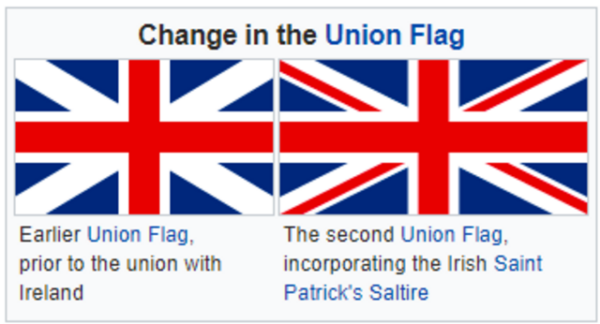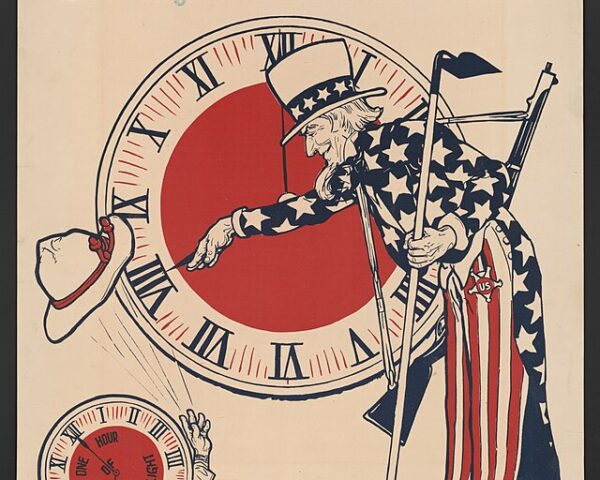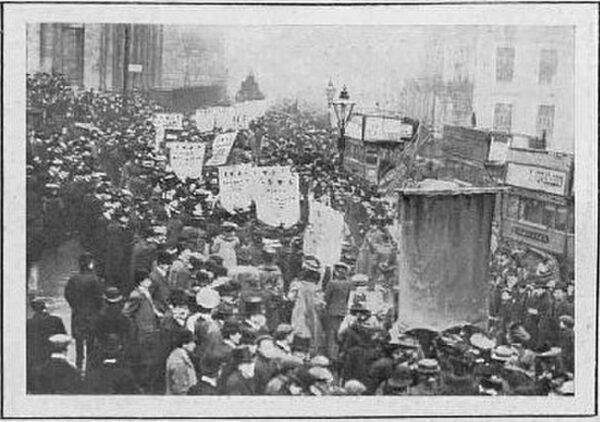On August 1, 1800, the Acts of Union were passed by the parliaments of Great Britain and Ireland, legally binding the two into a single political entity: the United Kingdom of Great Britain and Ireland. The union, which took effect on January 1, 1801, marked a pivotal transformation in British and Irish history—one that would shape the geopolitics of the British Isles for more than a century.
The road to union was neither inevitable nor smooth. Ireland had long been a contested land, shaped by centuries of Anglo-Norman invasion, English colonization, religious conflict, and rebellion. Though nominally a kingdom since the 16th century, Ireland remained politically subordinate to Britain, and its parliament, dominated by a Protestant minority, was heavily influenced by English interests. Tensions culminated in the 1798 Rebellion, an uprising inspired by the American and French Revolutions and led by the United Irishmen—a group committed to ending British rule and establishing an independent Irish republic.
The rebellion was violently suppressed, but it exposed the fragility of the existing Anglo-Irish arrangement. Fearing further insurrection and anxious about revolutionary France exploiting Ireland as a strategic weakness, British Prime Minister William Pitt the Younger resolved to bring Ireland directly into the British state. The solution was union—not just in name, but in law and legislature.
The Acts of Union were passed as separate but parallel laws: one by the British Parliament in Westminster and the other by the Irish Parliament in Dublin. The acts dissolved the Irish legislature and granted Ireland representation in the newly formed United Kingdom’s Parliament—100 MPs in the House of Commons and 32 peers in the House of Lords. The Church of Ireland was also united with the Church of England, forming a single, Anglican establishment.
But the passage of the Acts in the Irish Parliament was highly controversial. Support was secured through a campaign of political pressure, patronage, and outright bribery. Many Irish MPs who had previously opposed union were rewarded with titles, pensions, or sinecures for changing their votes. Critics at the time—and many historians since—have condemned the process as profoundly corrupt.
While the Acts of Union promised stability and prosperity, their implementation exacerbated existing inequalities. The union did little to improve the lives of the Catholic majority in Ireland, who remained legally disadvantaged and largely excluded from political power. Pitt had hoped to follow the union with Catholic emancipation, but King George III, citing his coronation oath to uphold the Protestant faith, refused to consider such reforms. Pitt resigned in protest, and emancipation would not be achieved until 1829.
Over the next century, the United Kingdom of Great Britain and Ireland would become one of the most powerful empires in history. Yet the union with Ireland never earned widespread legitimacy. Economic disparities, land disputes, cultural repression, and sectarian division continued to fester. Calls for Irish self-governance grew louder throughout the 19th century, culminating in the Home Rule movement and eventually leading to the Irish War of Independence in the early 20th century.
The Acts of Union of 1800 thus stand as both a bold geopolitical consolidation and a deeply flawed attempt at nation-building. Though they forged a united kingdom on paper, they failed to create a truly unified people. The legacy of this union—its aspirations, betrayals, and eventual unraveling—remains central to the modern history of Britain and Ireland.






